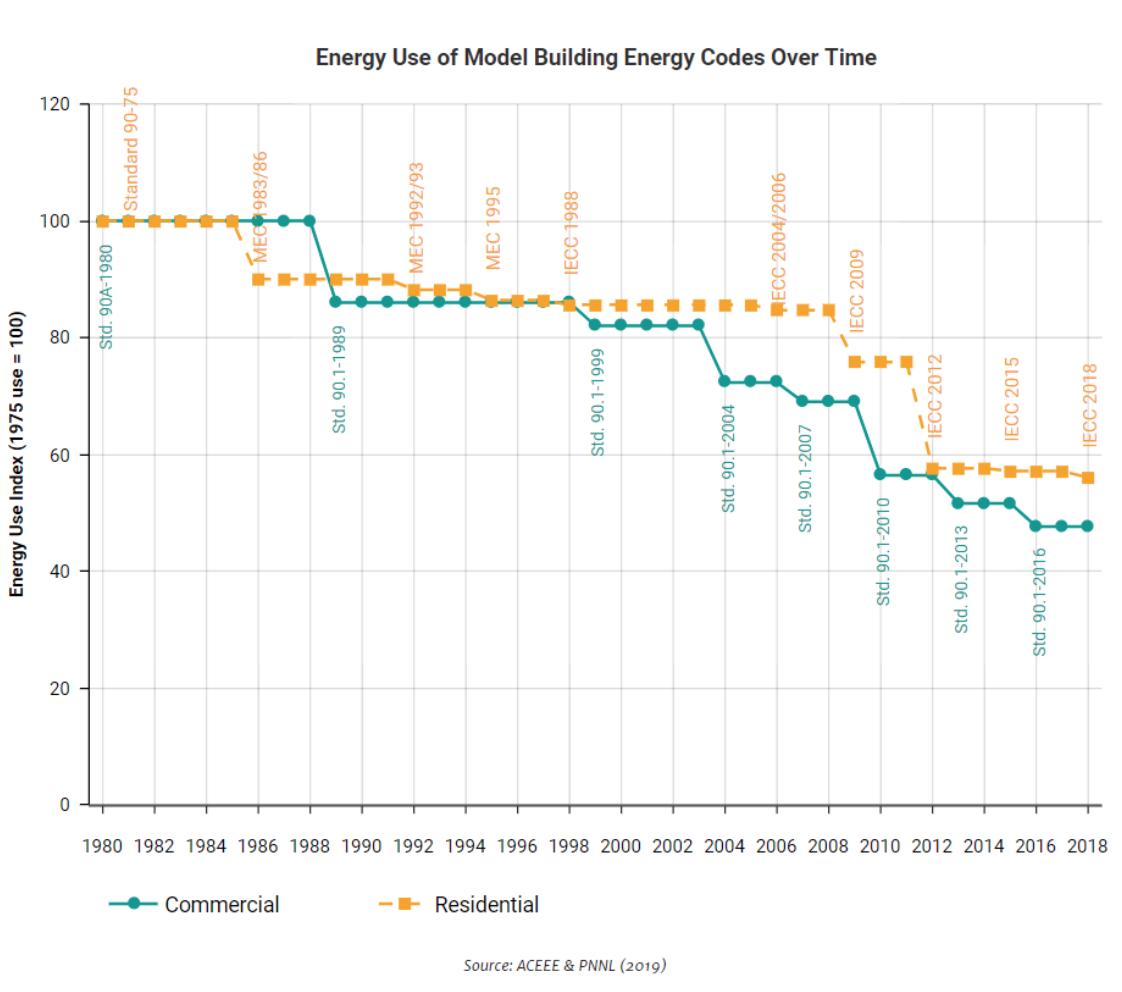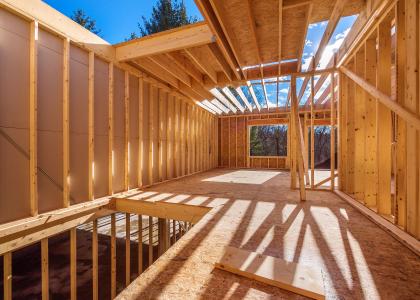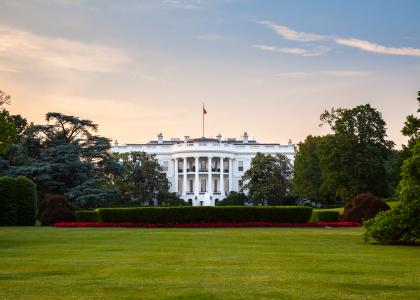Washington, D.C. — New US homes will be more energy efficient, save consumers money, and reduce harmful carbon emissions because of a new and improved building code that many cities and states will adopt.
We applaud the International Code Council (ICC), an association of code officials, for the substantial energy-saving improvements in the 2021 version of its International Energy Conservation Code (IECC), the model energy code for the United States. Given that buildings account for 35% of US carbon emissions, we view the IECC as a key vehicle for reducing energy use and heat-trapping emissions.
The residential code, approved yesterday by the ICC’s membership, will include a new flexible savings mechanism. This provision will allow builders to choose energy efficiency upgrades that work best for them to reduce energy use 5%, with improvements ranging from improved insulation to more efficient air conditioners and water heaters.
The code will also require builders to wire garages and parking places for future installation of electric vehicle chargers and to install electrification-ready circuits near natural gas and propane equipment. In addition, an optional zero energy appendix will provide a simple pathway for leading cities and states to require much higher levels of performance than in the standard IECC.
Code officials also adopted a number of improvements to the commercial code including requirements for improved building insulation, greater use of smart energy management and control systems, and electric vehicle charger requirements similar to the residential code.
ACEEE and allies worked hard to support proposals and conduct outreach to voters. We want to thank the ICC membership for voting in favor of energy efficiency, often by the two-thirds margin required to override recommendations of an IECC committee that opposed most changes to the code.
The previous two code cycles, in 2015 and 2018, resulted in very small efficiency gains in the residential code. “We are delighted that the IECC is back on track to improving energy performance and are confident that the new code will help cities and states reduce their energy consumption and carbon emissions” said Chris Perry, ACEEE’s manager of codes and standards.




